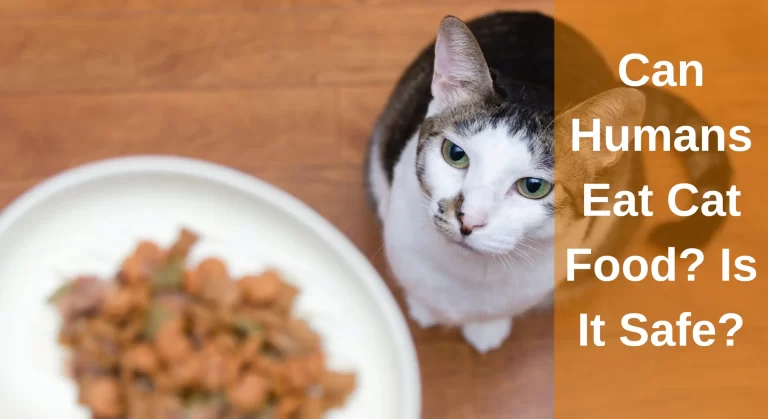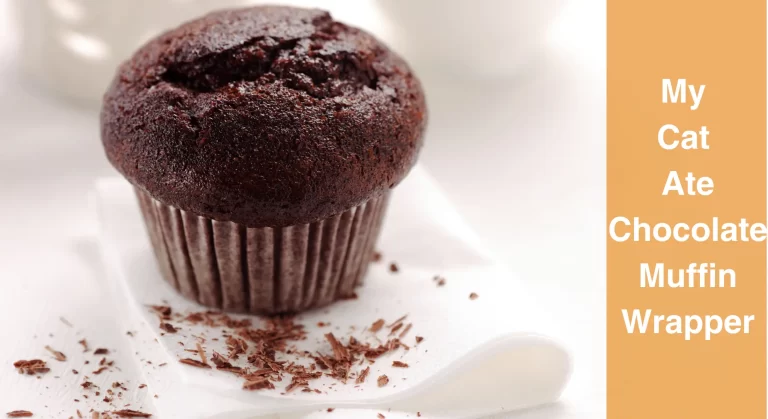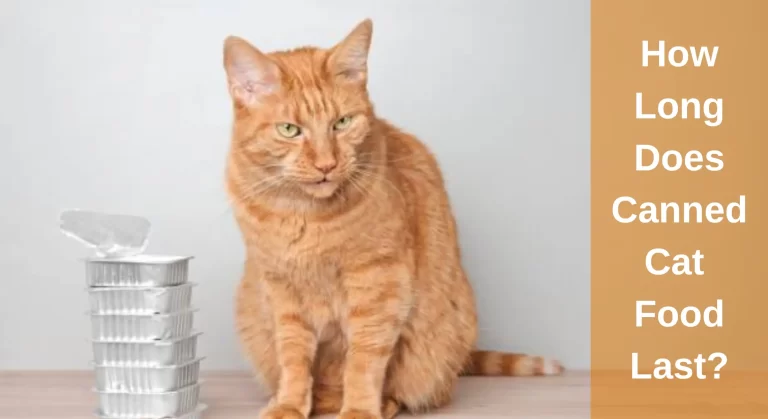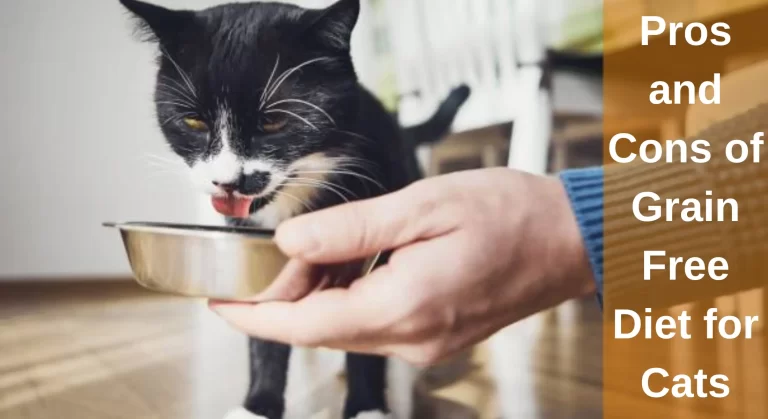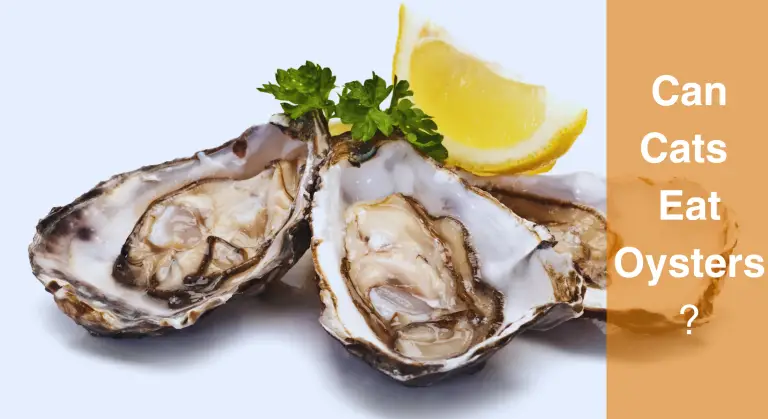Can Cats Drink Milk? Are Cats Lactose Intolerant?
Most adult cats are lactose intolerant, which leads to allergies and the manifestation of allergy symptoms such as Vomiting, diarrhoea, and skin discolouration. As kittens become older and switch to solid food, they lose the enzymes needed to digest lactose.
Can Cats Drink Milk? The answer to this question varies depending on the situation, but the short and universal answer is NO.
In addition, alternative milk lacks the proteins, vitamins, and minerals required for a cat’s health, unlike its mother’s milk. Veterinary professionals do not recommend milk for cats, although cats like drinking it because of its high-fat content.
What should we do as a result? What would happen if you wanted to give your cat a small quantity of milk when they were begging and meowing at your breakfast cereal? Certain milk variants are recognised as being less harmful than others. One of them, for instance, is goat’s milk. This begs the issue of why we are able to give our cat goat’s milk but not soy milk.
What portion of milk should I give my cat if she is not allergic or what to do if they are lactose intolerant? In this piece, I’ll address these questions and the issue of whether it’s OK to give cats other drinks.
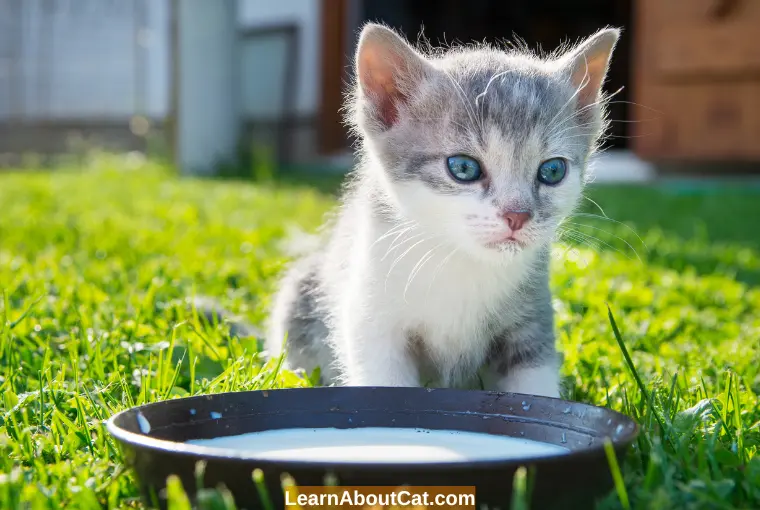
Why are Cats Not Allowed to Drink Milk? Why Cats Can’t Drink Milk?
The main contributor is lactose. Kittens depend entirely on their mother’s milk for the first eight weeks following birth. Commonly referred to as “queen’s milk,” the mother cat’s milk may include all the essential elements required for a kitten’s growth.
Kittens start eating solid food at 4 or 5 weeks old, and they start drinking less and less of their mother’s milk. Around two months old, they naturally wean themselves off of their mother’s milk and start consuming solid food. The bulk of cats’ lactase enzymes starts to decrease after weaning.
Cats that are lactose intolerant might become allergic to milk and dairy products. Certain cats may also experience allergic responses to the casein protein found in milk.
Nausea, Vomiting, diarrhoea, constipation, skin rashes, and occasionally mild to severe poisoning symptoms affecting the liver, intestines, and digestive system are among the signs and symptoms of allergic reactions.
Find Out: Can Cats Eat String Cheese?
What is Lactose Intolerance? Are Cats Lactose Intolerant?
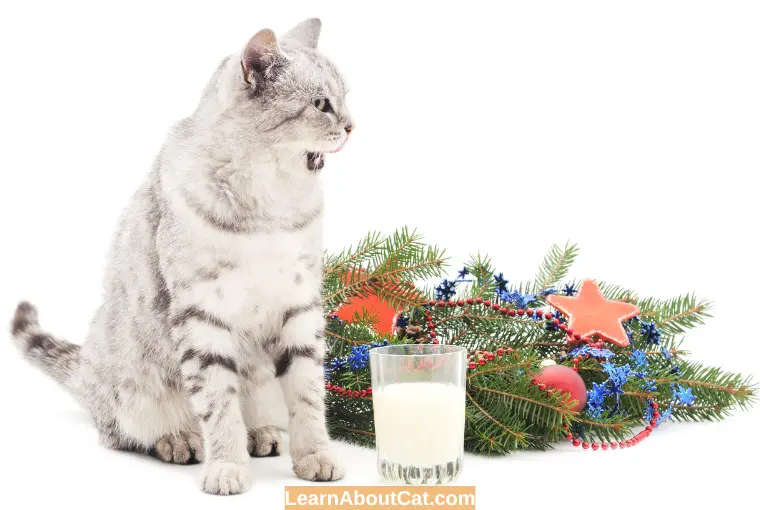
Like other animal species, cats frequently have lactose intolerance, which can make them very allergic to dairy products and cause pain and suffering when consumed.
If your cat is not digesting lactose, it means they are a lactose intolerant cat. Like people, your cat may not be able to digest and absorb this sugar in the same way as a cat or human who is not lactose intolerant; thus, the lactose will just remain in your pet’s stomach.
When lactose is not digested, it ferments in the stomach, releasing gases that might result in extreme flatulence or stomach cramps.
Due to the fact that lactose is a sugar and carbohydrates draw water into the intestines, they can also produce diarrhoea when consumed. Some cats do produce the enzyme required to break down lactose, despite the fact that most do not. Because there is no other way to tell if your cat is lactose intolerant except to put them at risk of becoming sick, we do not recommend giving them milk.
Check Out: Can Cats Have Whipped Cream What Happens If Cats Eat Whipped Cream?
How Can I Determine Whether My Cat is Allergic to Milk or Lactose Intolerant?
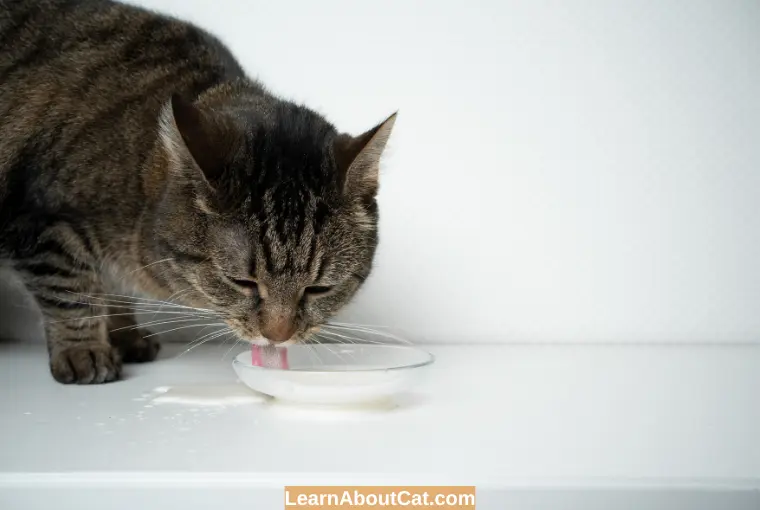
If you’re eager to try it, give your cat a little and monitor its health. A small number of adult cats still contain lactase enzymes, allowing them to consume other dairy products.
Even if your cat has no difficulties with intolerance, milk’s high sugar and fat content may negatively influence its lifespan and bone health.
Giving your cat one tablespoon of milk and keeping an eye on them for around 12 hours is the easiest way to determine whether they are allergic to milk or lactose intolerant. A cat’s digestive system must absorb and excrete milk over the duration of 8–12 hours. Milk is OK for your cat to ingest if they don’t show any symptoms, such as Vomiting or diarrhoea.
Interesting Reading: Can Cats Drink Buttermilk?
What Signs of Lactose Intolerance Do Cats Exhibit?
Your cat’s digestive tract might become irritated if it eats milk. This is different from an allergic response, which occurs when a certain food is consumed, and the body’s immune system responds. Intolerant actions consist of:
- Plenty of gas
- Chronic suffering
- Vomiting and bloating
- Diarrhoea\sConstipation
- Polydipsia (increased thirst)
- Increased heart rate from dehydration
- Rotten gum
Can Cats Consume any Milk?
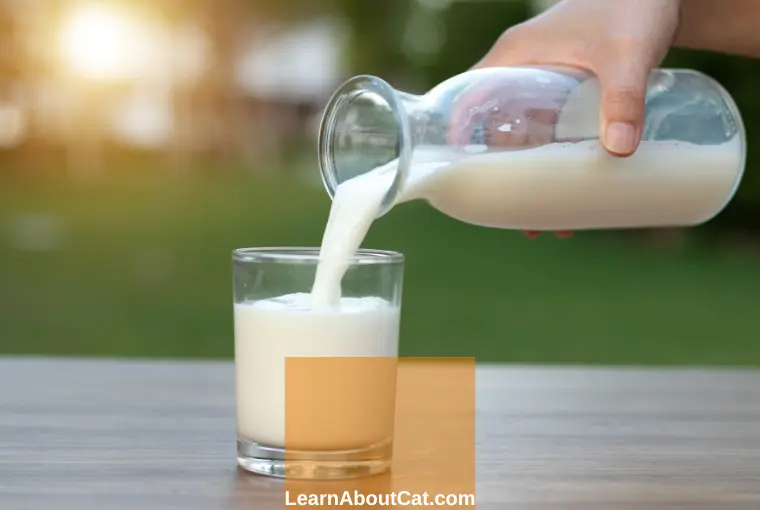
Humans can use milk as a nutritious substitute (though obviously not for everyone since some individuals are lactose intolerant).
The high fat and sugar content of milk might shorten your cat’s lifespan and impair its digestive system. But what kind of milk may cats consume if you think that occasionally giving them a reward of a few tablespoons will make them happy? Almond milk, cow milk, soy milk, goat milk, oat milk, and other varieties of milk are among the choices.
It’s important to be aware that experts advise against giving milk to cats. However, certain milk is riskier than others. For instance, soy milk is extremely likely to cause digestive problems, e.g., Vomiting, diarrhoea, and constipation in cats, as they lack the enzymes needed to break down plant-based proteins. Goat’s milk, in contrast, has more vitamins and minerals and less lactose than cow’s milk.
You May Also be Interested In: Can Cats Drink Cold or Warm Milk? Is it Safe?
Which Milk is Riskier, And Which Should We Stay Away From?
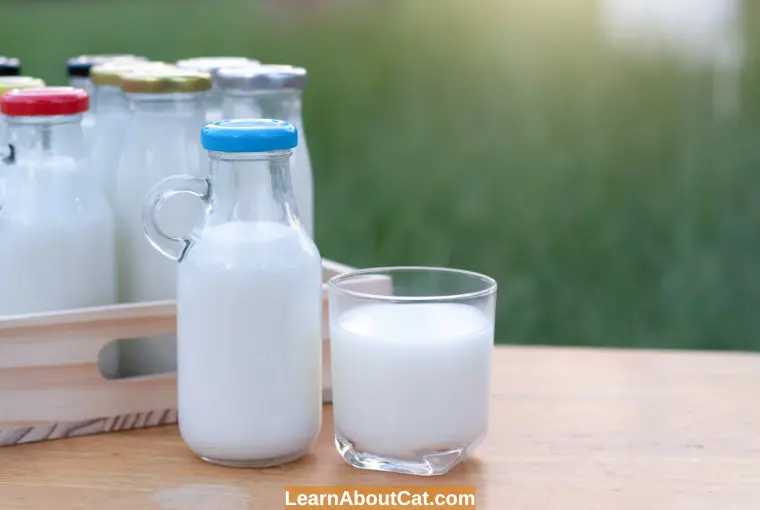
There is no milk that is healthy for cats.
1. Can Cats Drink Milk from Cows?
Significant amounts of fat and lactose are present in cow’s milk. It can negatively affect the digestive system when ingested in big quantities. I suggest feeding your cat some raw or low-fat cow’s milk if you still wish to give it to her sometimes.
2. Cats and Soy Milk: Is it Safe?
Cats have a hard time digesting milk made from plants. I suggest avoiding giving your cat any milk, particularly milk derived from plants or nuts. Most of them don’t include lactose, yet they are highly high in fat.
3. Is Oat Milk Secure for Cats?
Only in little amounts. Cats love oat milk, which is created by combining whole oats and water. It’s acceptable to sometimes give your cat a few tablespoons as a treat, even if it doesn’t provide the nourishment your cat needs.
4. Can Cats Safely Consume Almond Milk?
It has a substantial amount of fat while lacking lactose. Lactose is absent from almond milk.
Almond milk is not a good option for cats because it is high in fat.
5. Can Cats Consume Coconut Milk?
Despite not having lactose, it is fairly high in fat. Even though coconut milk doesn’t contain lactose, you shouldn’t give it to your cat because of how much fat it contains.
6. Can Cats Consume Goat Milk?
You can give it a little if your cat isn’t lactose intolerant. Goat milk contains less fat than cow’s milk. It also has additional minerals and vitamins. A small quantity of taurine, an amino acid necessary for a cat’s eyes, digestive system, and heart, is also found in goat’s milk. Your cat occasionally receives one tablespoon of raw goat’s milk as a treat.
7. Can Cats Consume Lactose-free Milk?
There is no milk that is healthy for cats. The same is true with lactose-free milk. Whole milk without lactose may lower the risk of allergies, regular ingestion of it because of its high-fat content may harm your cat’s organs.
What Else Might I Offer My Cat Except for Milk? What Brews the Cat?
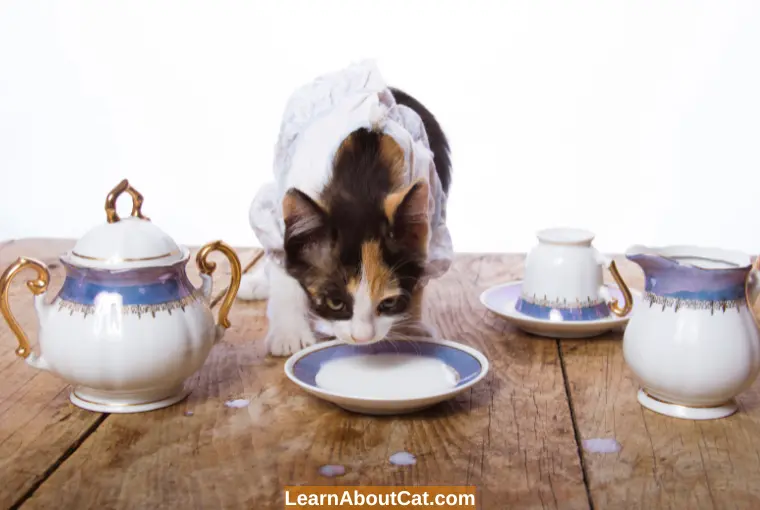
Water is the only thing your cat needs to drink. They’ll stay hydrated and happy if they have access to clean water. Consider distributing several water dishes throughout the house if you think your cat isn’t getting enough to drink. Regularly refill and clean them. Remember that not all cats enjoy having their water and food dishes in the same place. Given that many cats like to drink from circulating water, you might also want to consider getting a cat water fountain.
Give your cat high-quality, age-appropriate, well-balanced commercial food to stay active.
You Might Aslo Like to Read: Can Cats Drink Bottled Water?
Also, Check Out: Can Cats Drink Spring Water? (Spring Water vs. Tap Water)
Can Cats Consume Milk Without Lactose?
Generally speaking, providing milk of any kind to an adult cat is not a good idea. Lactose-free milk might occasionally be given to your cat as a treat.
Lactose-free milk may readily take the place of actual milk. This lessens some of the unpleasant characteristics of real milk. Regular milk is more difficult for cats with a lactose sensitivity to accept than lactose-free milk because it lacks additional lactase.
Cats’ bodies are unable to tolerate their infancy milk addiction. The ability of kittens (and other young animals) to digest milk declines fast when they are weaned from their mothers‘ milk and shifted to solid foods, which results in many, if not most, cats developing severe lactose intolerance.
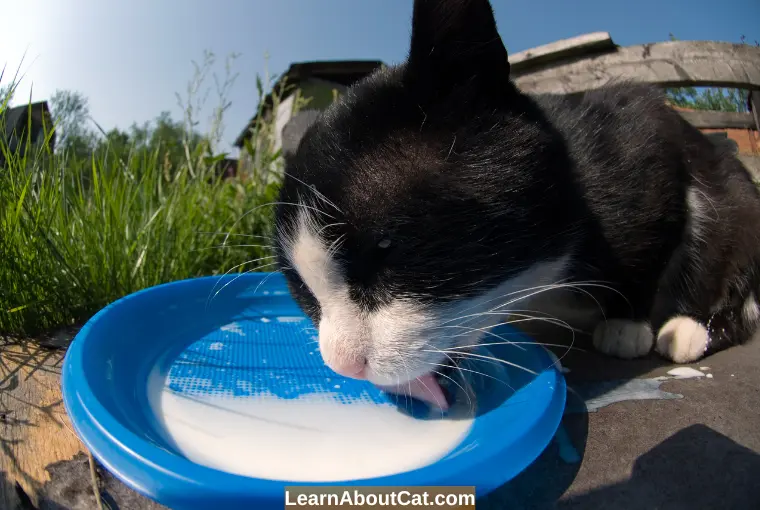
What Kind of Milk Can I Give to My Cat?
If you wanted to add milk to your cat’s diet to add variety or just as a treat, it would be far preferable to look at specialised products made particularly for a cat’s fragile digestive system.
Many cat milk producers devote much money to creating novel milk kinds. Special milk will provide the nutrition cats require. Whiskas Catmilk is a specially developed, lactose-reduced drink that may be consumed in moderation by both kittens and adult cats.
The demands of kittens that are still on liquid food are very different. They exclusively consume milk, which has to be prepared precisely to have the required proportions of protein, fat, and carbohydrates.
One of the special formulas that may be given to kittens without nursing mothers is KMR – Kitten Milk Replacer. Due to several ingredients, such as whey protein and egg yolks, this temporary bridging solution is by far the best milk you can give a cat that is still feeding to stimulate breast milk.
Worth Reading: Can Cats Eat Human Food?
Frequently Asked Questions
The Bottom Line on Can Cats Drink Milk – Are Cats Lactose Intolerant?
Milk is a favourite of cats, but owners shouldn’t let them drink it. Cats lack the lactase enzyme, which allows them to digest lactose as they become older. We should avoid giving cats other dairy products because of this. The majority of cats have lactose intolerance or a dairy food allergy. Even among those who aren’t allergic to or intolerant to lactose, these products have the potential to, over time, lead to serious health issues like obesity, diabetes, heart disease, and liver illness.
Some milk variants appear to be healthier than others at first appearance. For instance, goat milk has less sugar and fat than cow milk. Almond and coconut milk don’t contain lactose; however, they have enough fat to cause pancreatitis. These are only a few examples. After looking at all these milk-related goods, I can say that skipping milk is the healthiest option. No matter how long the list may be, it is advised to keep our cat away from alternatives to liquids that are hot or cold (coffee, tea, etc.) or fresh (fruit juices).
In addition, despite their first allure, sugar-free foods actually pose a serious risk to our cats since they contain Xylitol. To put it another way, milk and any other liquid outside water are unnecessary for a healthy cat’s diet. A cat, on the other hand, requires water to survive. Dehydration can lead to a number of serious medical conditions, including heat stroke, depression, diabetes, and diarrhoea.
Who is Isabella?
My name is Isabella, and I am a dedicated and knowledgeable cat enthusiast. With years of experience caring for cats and a deep love for felines, I made a mission to help other cat lovers navigate the challenges of cat ownership.

